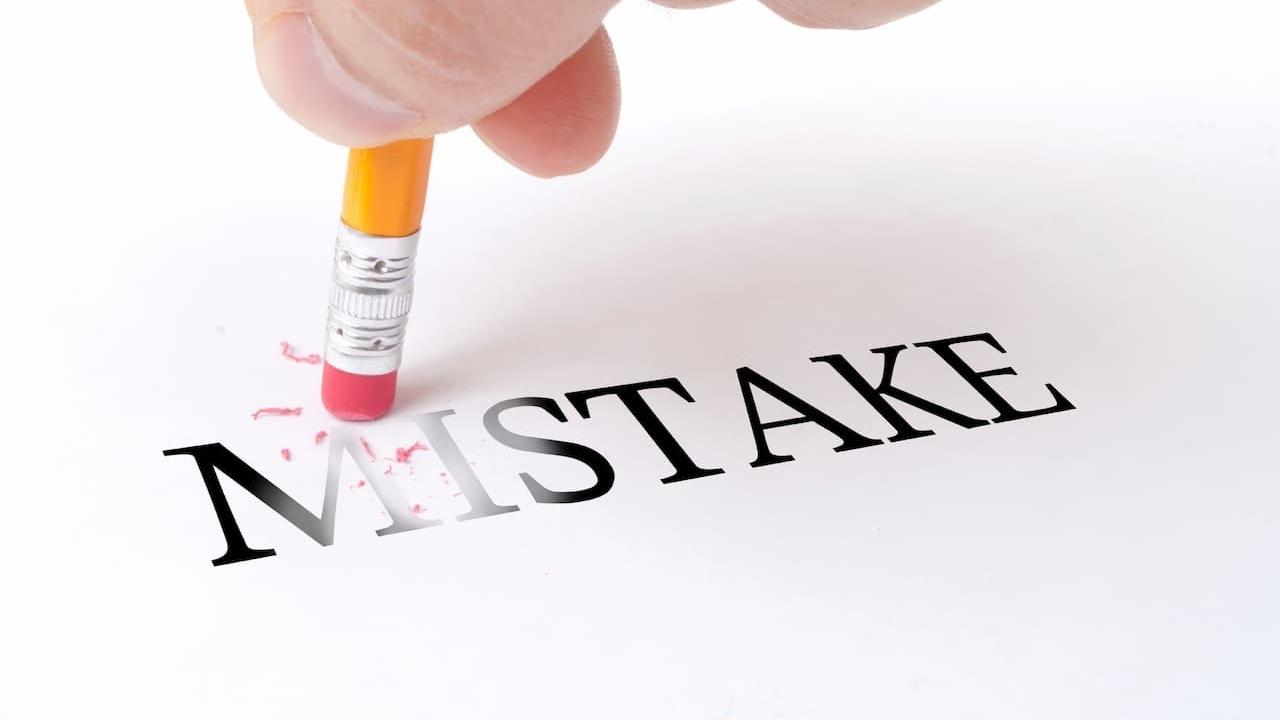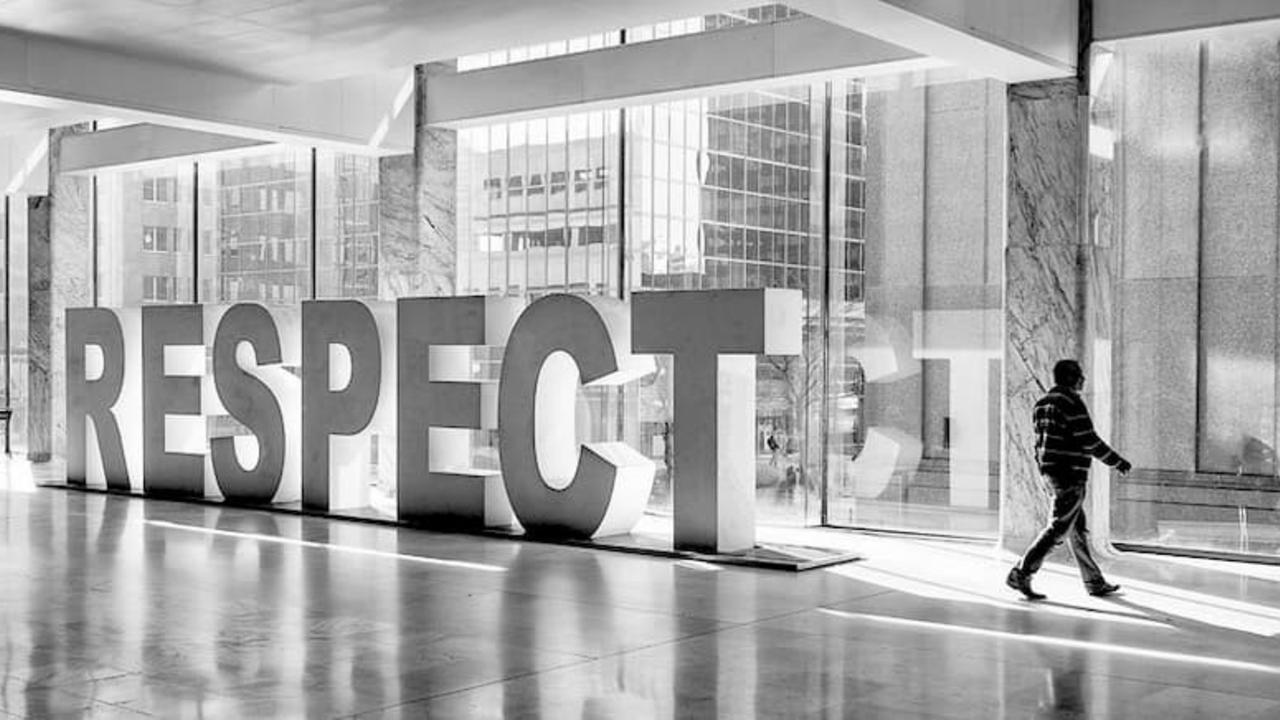The New Leadership Playbook
Apr 25, 2022
The Best Leadership Book
Apr 20, 2022
The Secret to Effectively Managing Employee Mistakes
Sep 28, 2020
Manager or Team Failure – 5 Keys to Success
Sep 15, 2020
Getting Respect – You are doing it Wrong!
Aug 17, 2020







